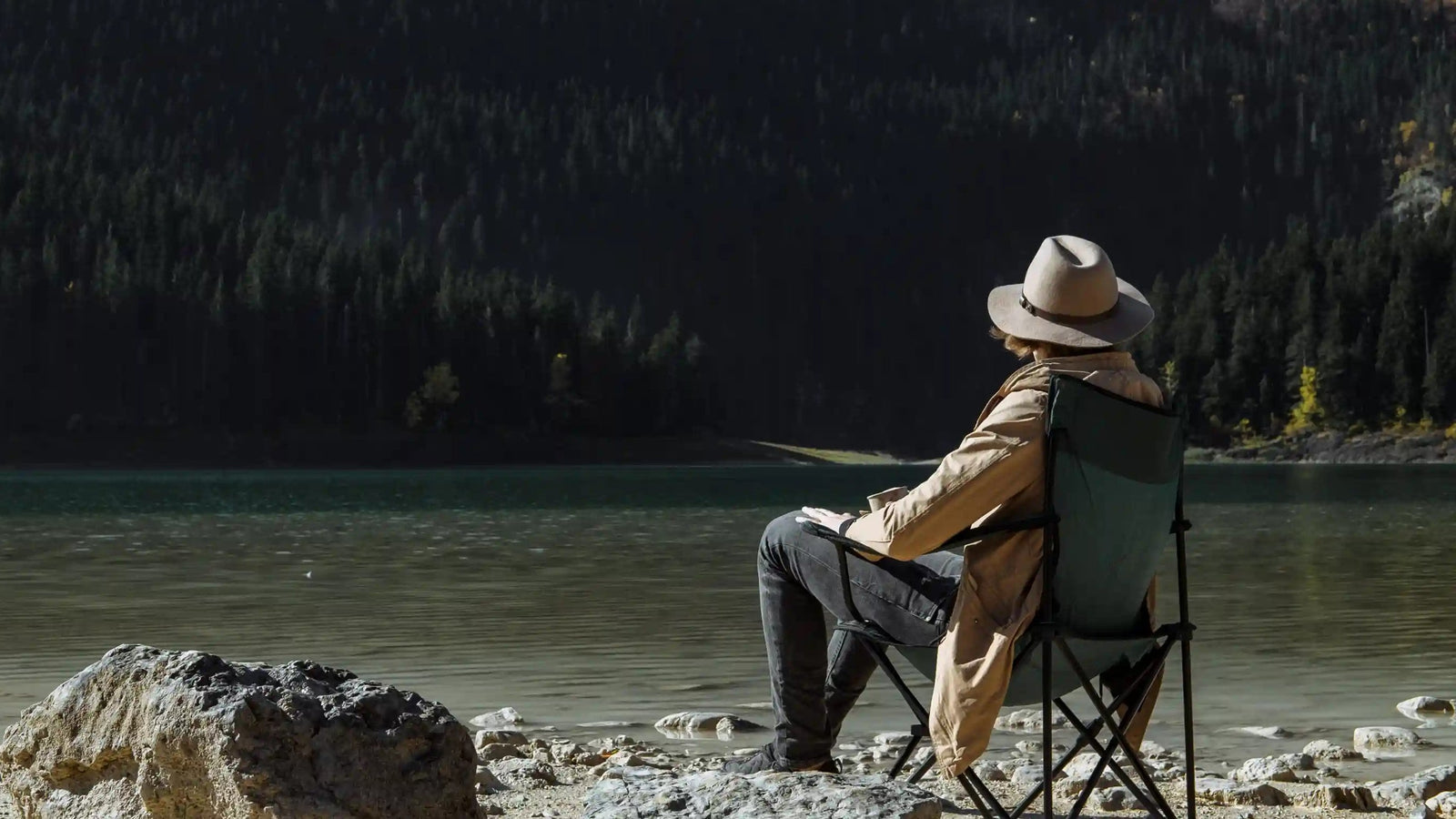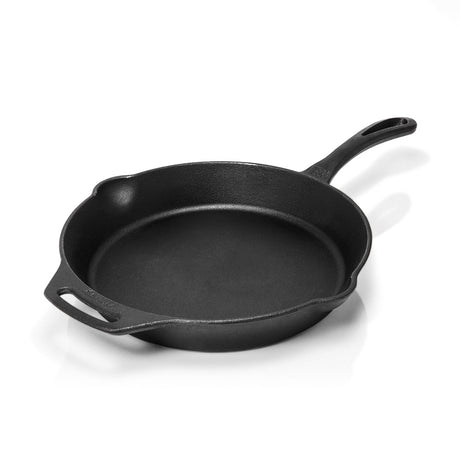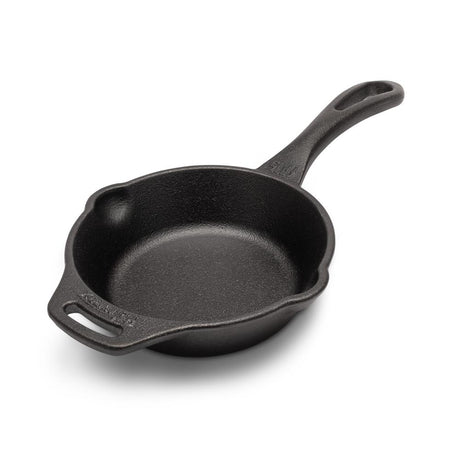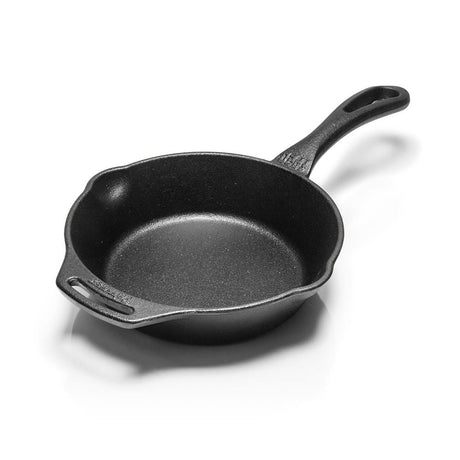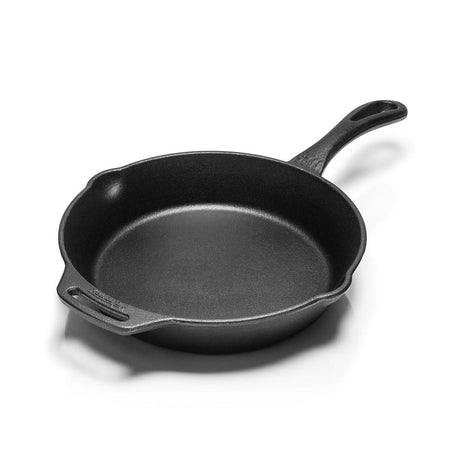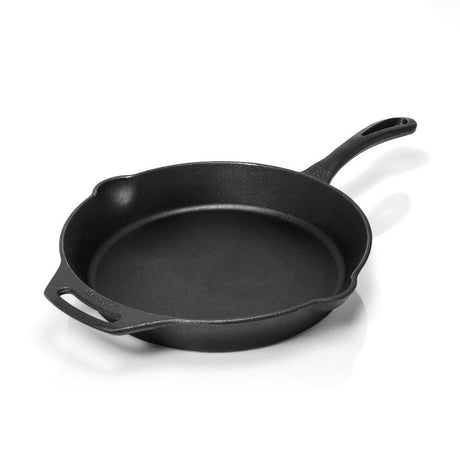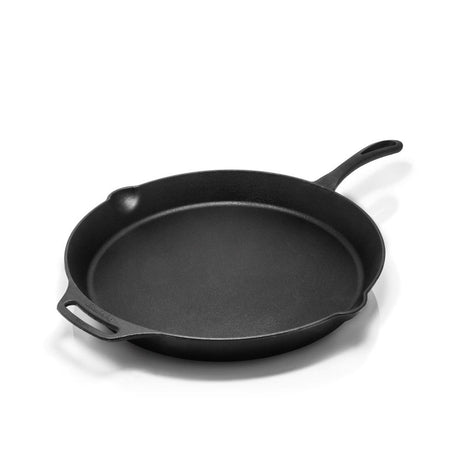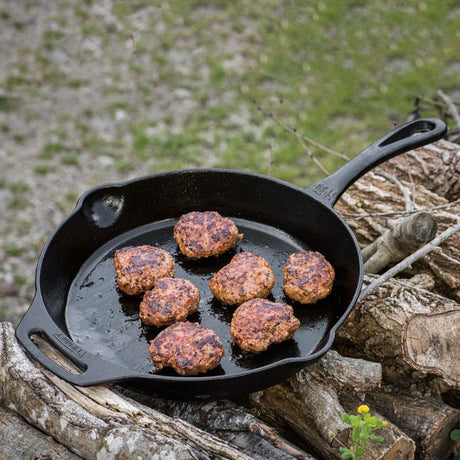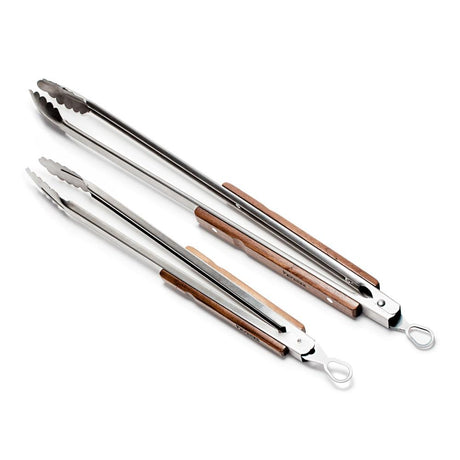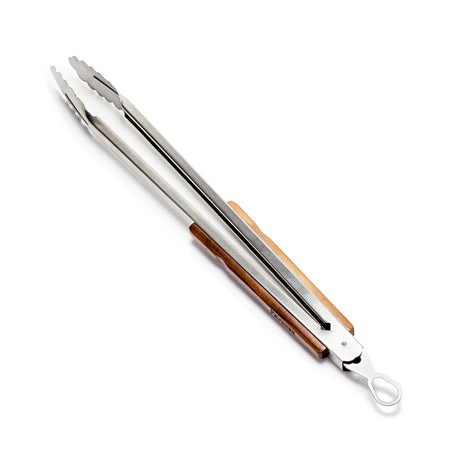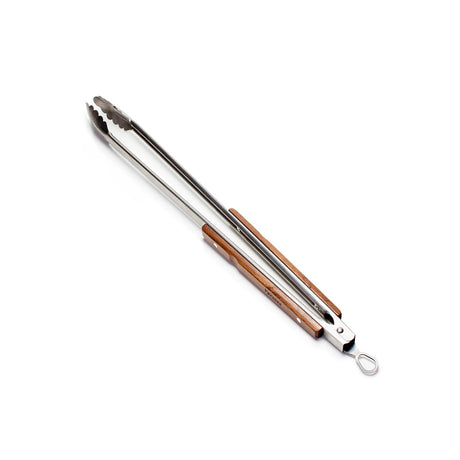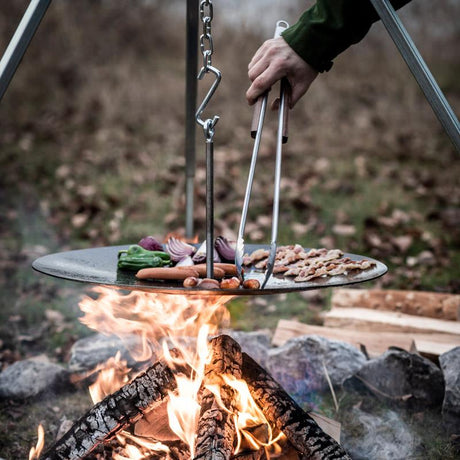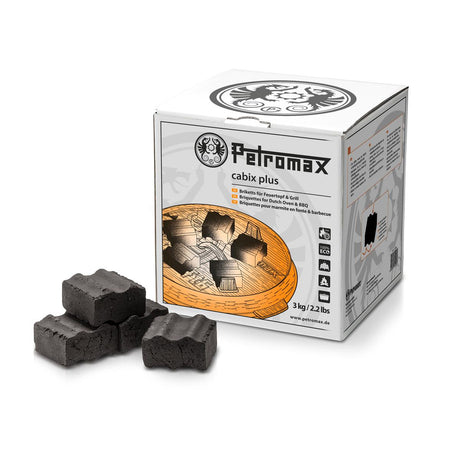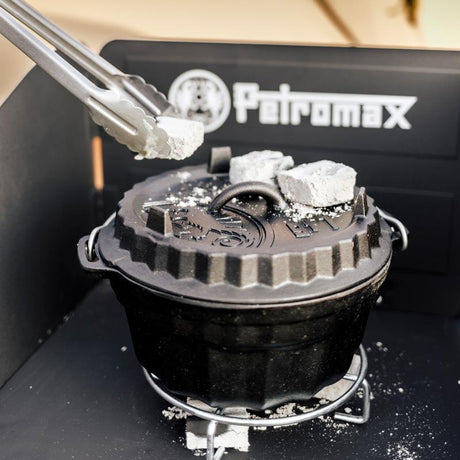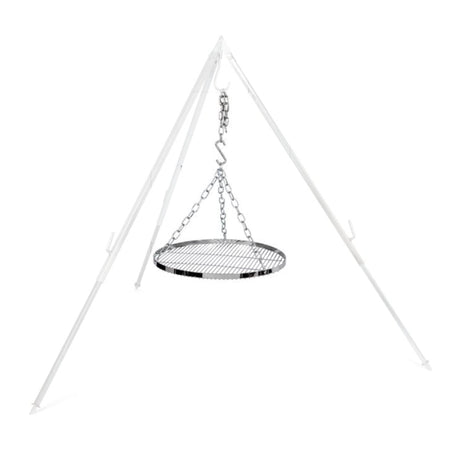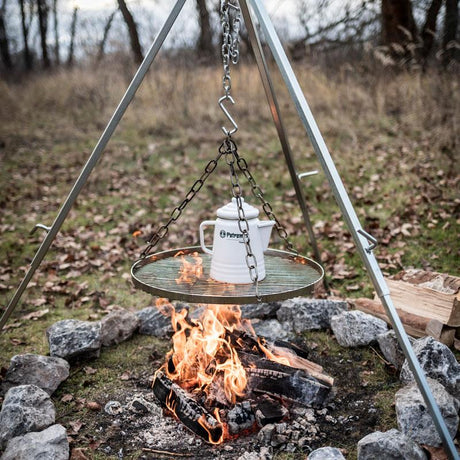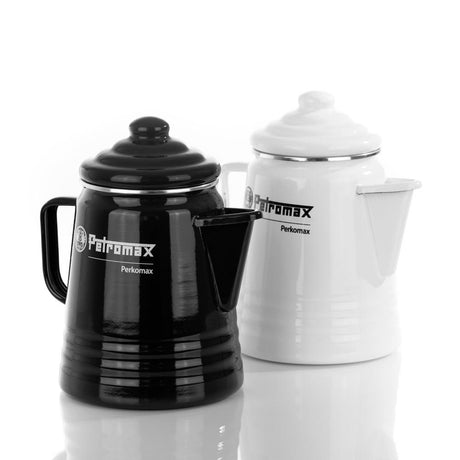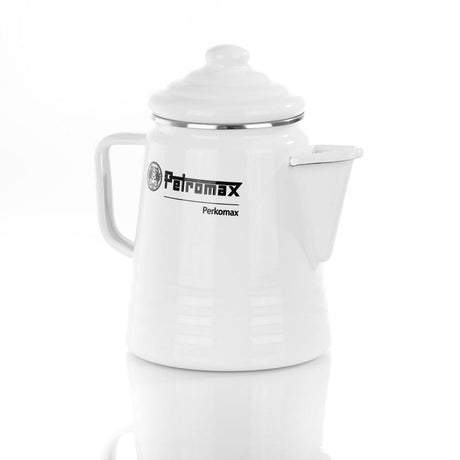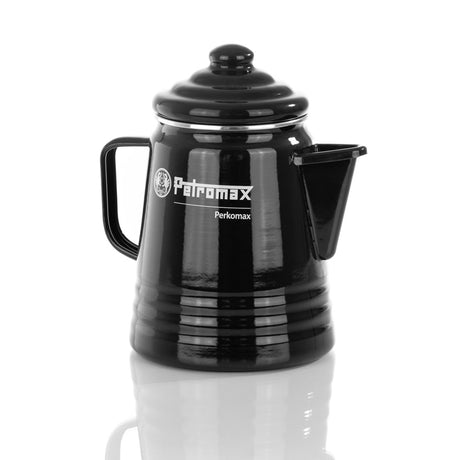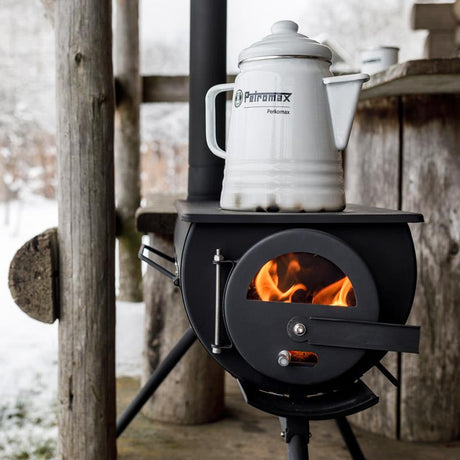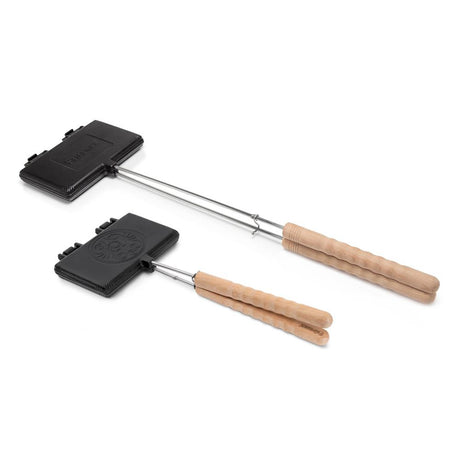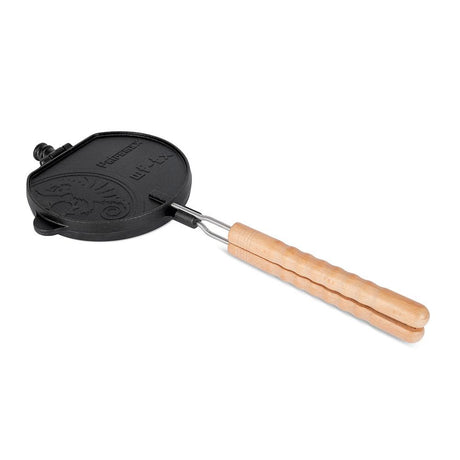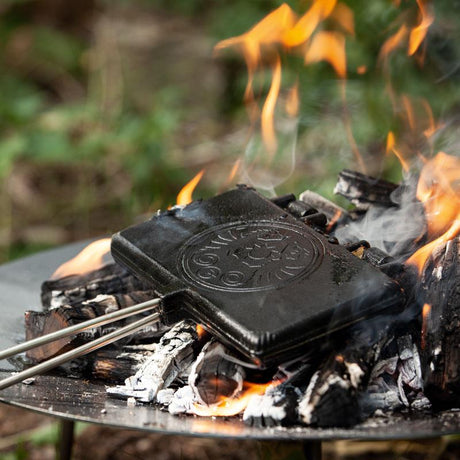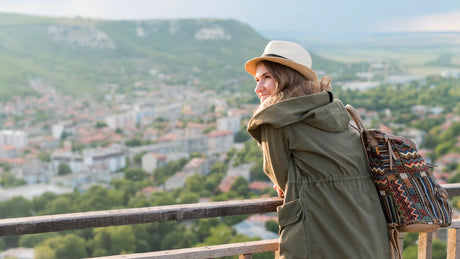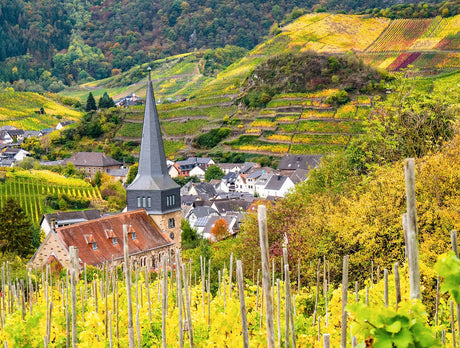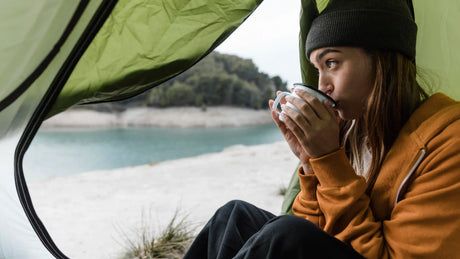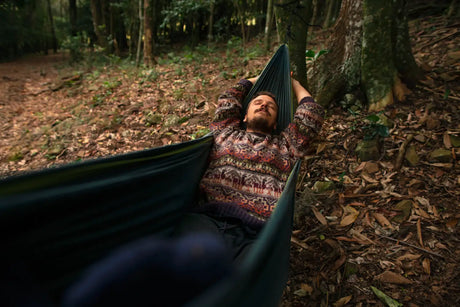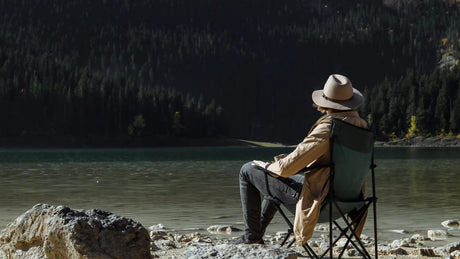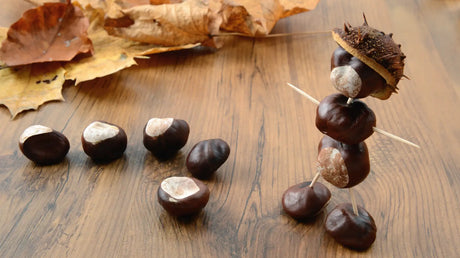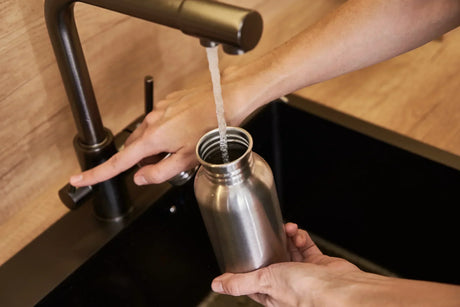A tent, a rucksack and the vastness of nature: that's often all you need for an unforgettable adventure. Minimalist camping means leaving ballast behind and enjoying the freedom that lies in simplicity.
In this article, you will find out how to consciously reduce your camping experience, what equipment is really indispensable, how to create a clever packing list and how to travel sustainably at the same time.
Table of contents
What is minimalist camping and why is less more?
What equipment is really essential for minimalist camping?
How do I create a minimalist packing list for camping?
Eco-friendly camping: How do I reduce my ecological footprint?
Key points summarized
What does minimalist camping mean and why is less more?
In everyday life, minimalism means living more consciously, getting rid of the superfluous and concentrating on what is really important. It works the same way when camping. Instead of packing half your cellar, you only take what you really need. Sounds like sacrifice - but it feels like more freedom.
Because the less baggage you carry, the easier the journey will be. A smaller rucksack, less chaos in the tent and a much more direct experience of nature. Minimalist camping therefore means making conscious choices instead of going out overloaded with material.
The difference to traditional camping is clear: while conventional camping often ends up with half the camping equipment in the car, the minimalist approach is all about conscious reduction. You camp lighter, more flexibly and, above all, more relaxed.
Tip for beginners: start small. For your next weekend, plan to leave half of your usual things at home. You'll soon notice: You'll need much less than you think.
What equipment is really essential for minimalist camping?
When camping, there are a few basics that you simply can't do without. Minimalist doesn't mean that you have to do without everything, but that you limit yourself to the essential equipment.
The big three: tent, sleeping bag, sleeping mat
-
Tent: Choose a lightweight, weatherproof model with a small pack size. It should be versatile, whether at a festival or in the mountains. A good trekking tent is often the best choice here.
-
Sleeping bag: It's worth investing in quality here. Make sure it is suitable for the temperatures of your trip. A summer sleeping bag is of little use on frosty nights - conversely, you will sweat in a winter sleeping bag in August.
- Sleeping mat: A good sleeping mat is essential if you don't want to sleep on the bare floor. It insulates against the cold and provides more comfort. Inflatable models with a small pack size are particularly practical.
Prefer multifunctional items
Minimalist means using items that fulfill several functions. A cloth can be a towel, sunshade or blanket. A cooking pot can also serve as a bowl. A knife is also a tool, a meal aid and an emergency device. Fewer parts, more benefits.
Quality over quantity
Better a few high-quality items than a bunch of cheap gadgets. A good tent or a robust sleeping bag will last you for many years and is the better choice in the long term.
My tip: When you buy new equipment, ask yourself: Can I use it for at least three different situations? If the answer is "no", you probably don't need it.
How do I create a minimalist packing list for camping?
A well-thought-out packing list is key if you want to reduce weight when camping.
Step by step to the packing list
-
Write down your basic equipment - tent, sleeping bag, sleeping mat.
-
Plan your kitchen and food - stove, pot, cutlery, lighter.
-
Limit clothing - only enough to be weatherproof.
-
Keep hygiene items small - soap, toothbrush, towel.
-
Check extras - only take what really serves a purpose.
Optimize weight and pack size
The smaller the pack size, the easier it is to travel. Packing cleverly saves space and nerves. A good tip: Pack your rucksack properly - you'll find helpful instructions there.
Example packing list (for 3-5 days camping)
| Category | What to take |
|---|---|
| Sleeping | Tent, sleeping bag, sleeping mat |
| Cooking | Stove, pot, cutlery, lighter, small sponge |
| Clothing | 1 rain jacket, 2 shirts, 1 sweater, 2 pairs of pants, 3 pairs of underwear, 3 pairs of socks |
| Toiletries | Toothbrush, small soap, towel, toilet paper |
| Extras | Headlamp, cell phone + power bank, knife, first aid kit |
What can stay at home
- Several pairs of shoes (one pair is usually enough)
- Large toiletry bag full of cosmetics
- Too many items of clothing "just in case"
- Superfluous kitchen utensils (e.g. XXL kettle or spatula)
Pro tip: If you are unsure whether you need something, leave it at home. In 90% of cases, you won't miss it on the road.
Eco-friendly camping: How do I reduce my ecological footprint?
Minimalist camping also means being conscious of nature. After all, you want to enjoy the beauty outside - not destroy it.
Use biodegradable products
Pack biodegradable soaps and cleaning products. This way, you won't harm rivers or soil if you wash up outdoors. Even toothpaste is now available in environmentally friendly versions.
Leave no trace principles
Whether you're camping or wild camping: take everything you've brought back with you. Leave no waste, no traces in the forest. You can find out more here: Sustainable hiking
Waste avoidance and correct disposal
Always have a bin liner with you - sounds simple, but it makes a huge difference. Collecting your garbage directly prevents unnecessary traces in nature. Bonus: A small bag weighs almost nothing.
Save water when rinsing
Use a small sponge, some water and biodegradable soaps. A handful of water is often enough to get dishes clean. If you are out and about, you can also use the water from cooking pasta - this also saves resources.
Key points to summarize
- Minimalism when camping means consciously doing without for more freedom.
- The essential basic equipment: tent, sleeping bag, sleeping mat.
- A smart packing list helps you to save weight and limit yourself to the essentials.
- Multifunctional and high-quality equipment is the better choice in the long run.
- Protect nature with biodegradable products, bin liners and leave-no-trace principles.
- Start small, reduce step by step and gain your own experience.
- Minimalist camping means being more spontaneous, lighter and closer to nature.
